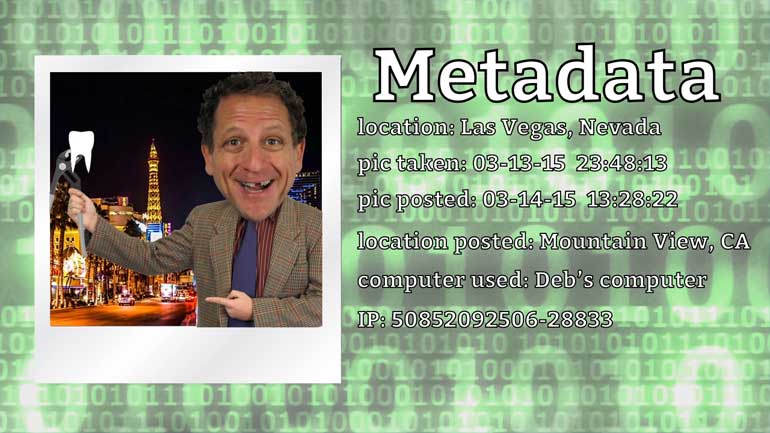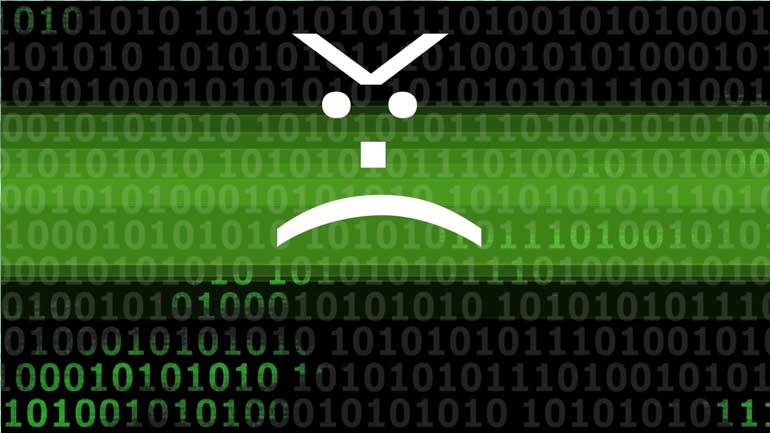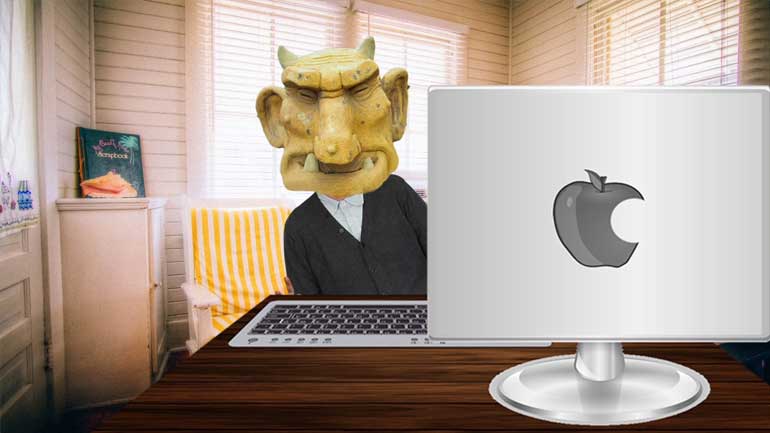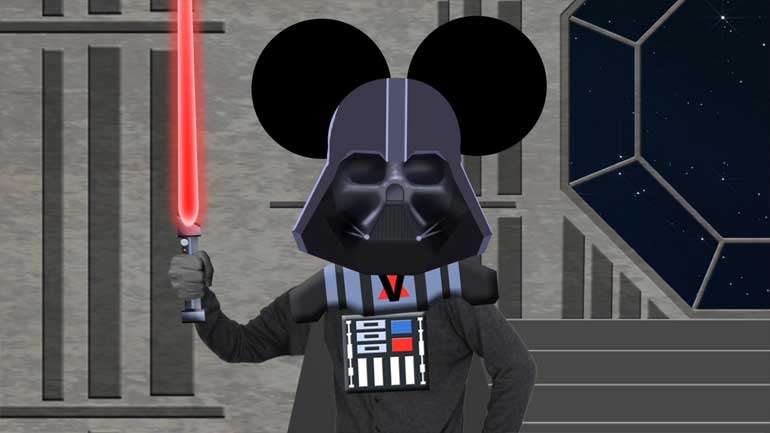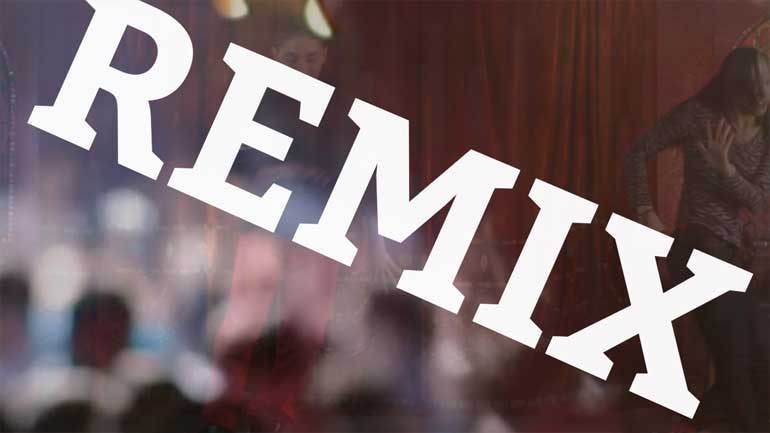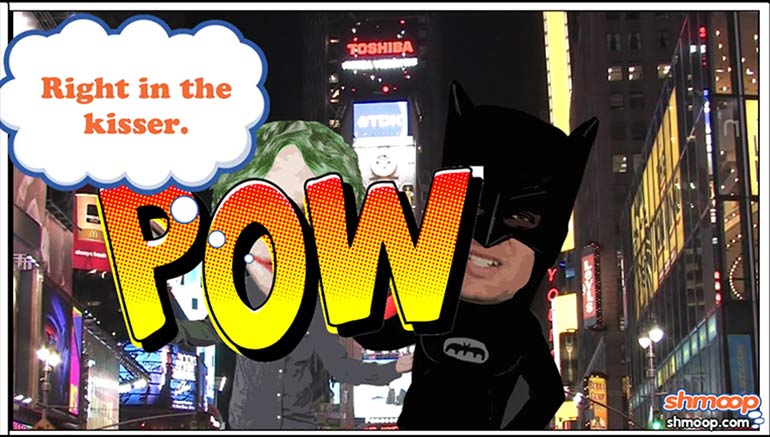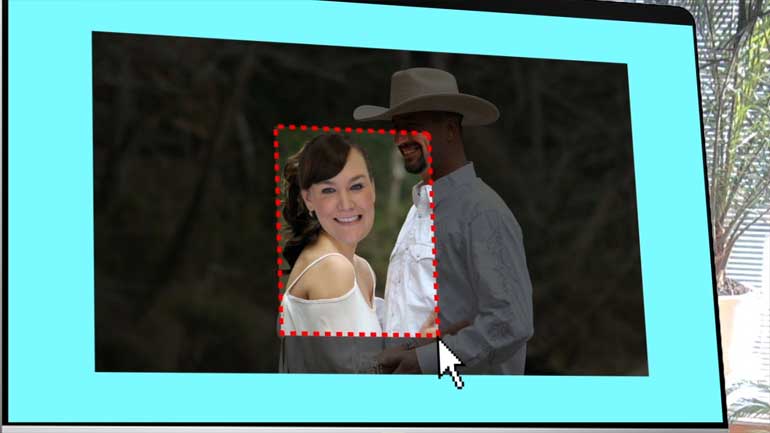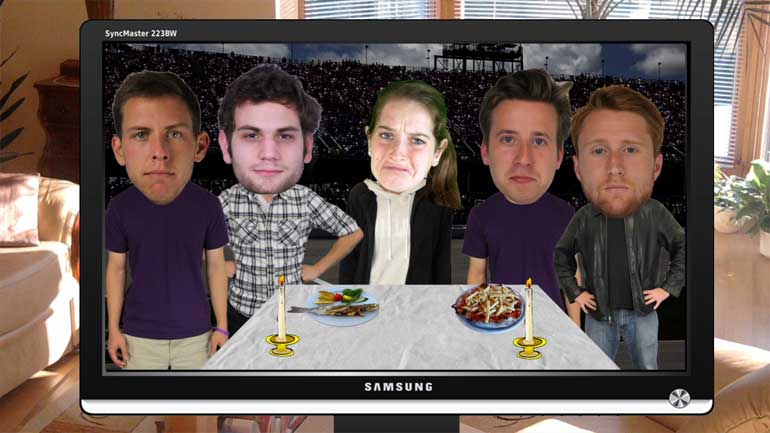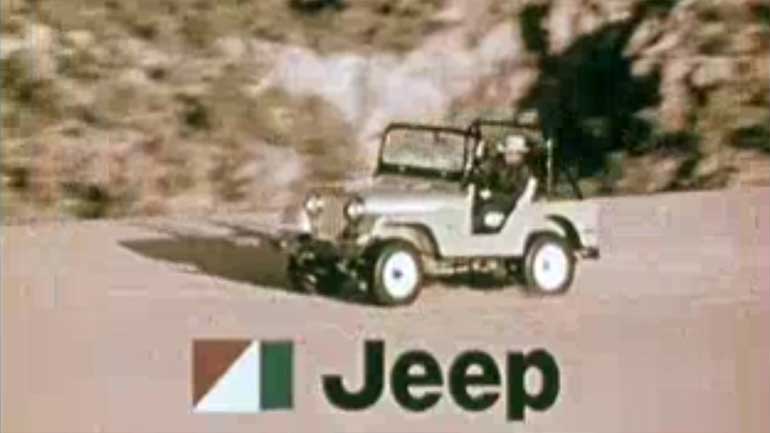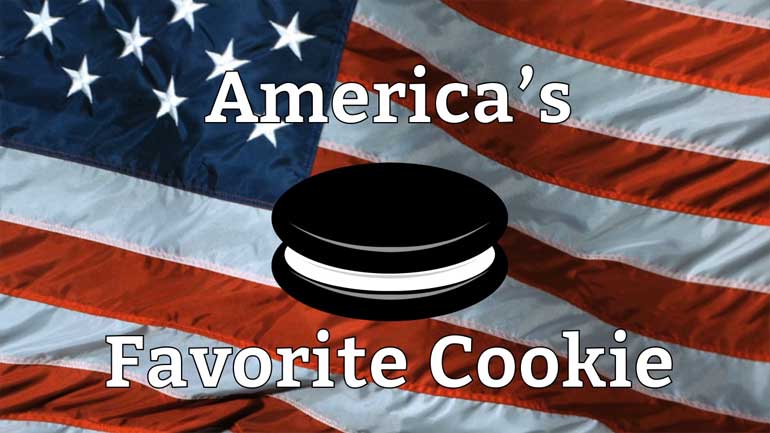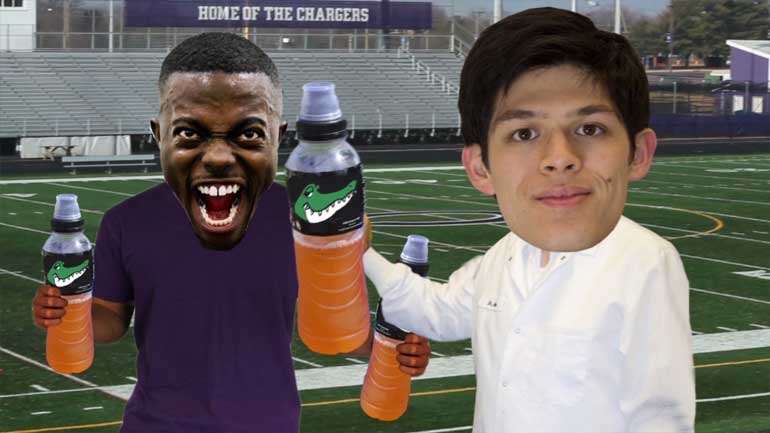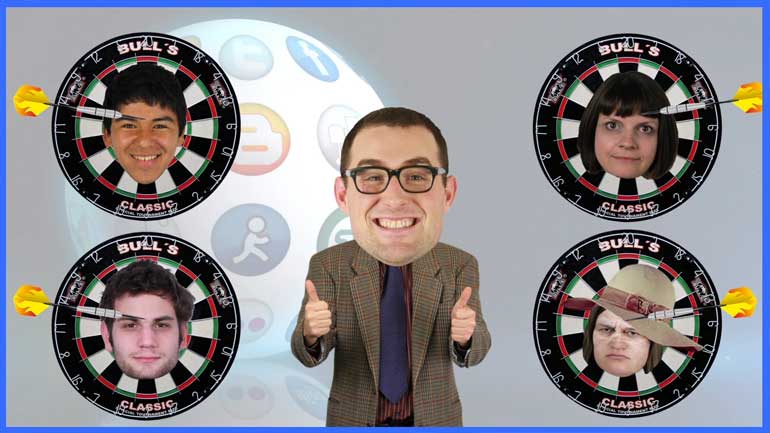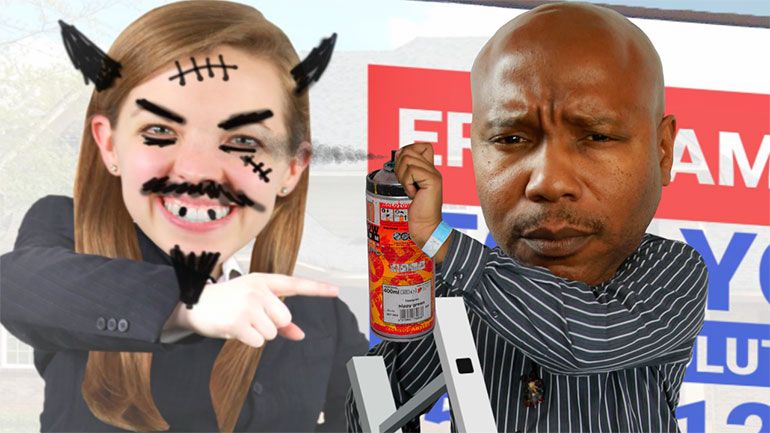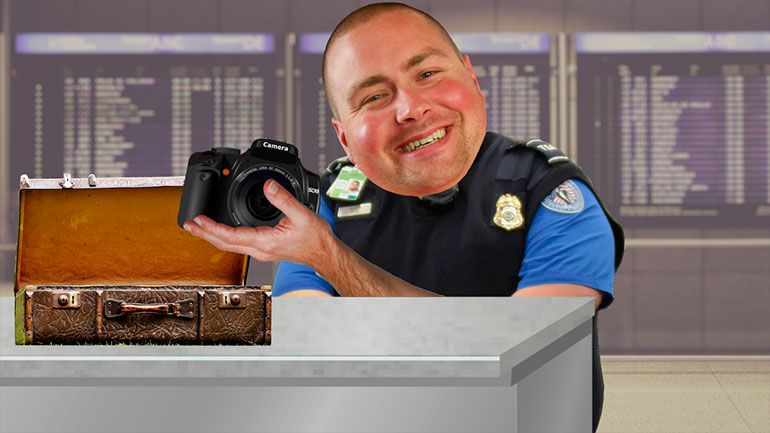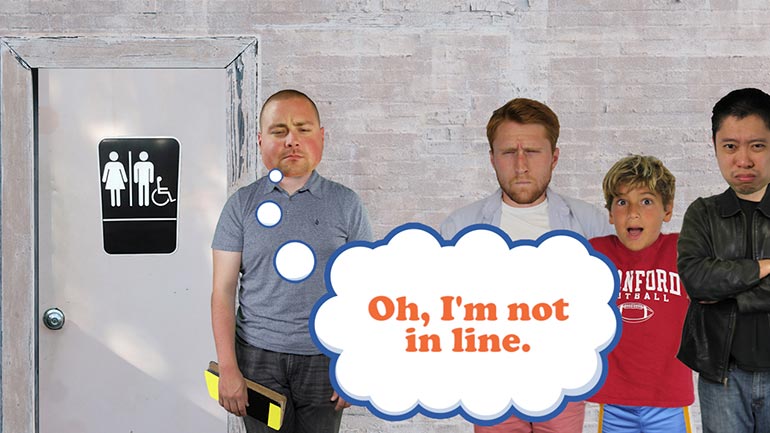ShmoopTube
Where Monty Python meets your 10th grade teacher.
Search Thousands of Shmoop Videos
Media Literacy Part 2: More Than Meets the Eye 369 Views
Share It!
Transcript
- 00:01
We speak student!
- 00:05
Media Literacy
- 00:07
More than Meets the Eye
- 00:09
a la Shmoop
- 00:12
We're covering More than Meets the Eye.
Full Transcript
- 00:14
Topic is images in mass media.
- 00:17
And we all know images can be changed a lot.
- 00:19
Thank you Photoshop and Adobe,
- 00:21
you can advertise right here.
- 00:22
So, Deb, talk to us about what kind of images we find in mass media.
- 00:26
Structure the process for us.
- 00:29
I mean, images are everywhere in mass media, right?
- 00:31
Unless we're just reading straight texts,
- 00:33
like a newspaper article, images are everywhere.
- 00:35
So we have -- TV and movies are obviously mostly images.
- 00:39
Even things like a billboard, that's mass media.
- 00:43
And then of course, magazines and newspapers have images
- 00:47
in them, not just on the covers,
- 00:49
but in advertisements.
- 00:52
And, you know, the advertisements are in print and onscreen.
- 00:57
So basically, any time you see something that is not a word,
- 01:01
you're looking at an image in mass media.
- 01:04
So it's a huge component of mass media.
- 01:06
They say the camera doesn't lie.
- 01:09
Is that true?
- 01:11
How are images constructed?
- 01:13
So, yeah, there are a bunch of different ways
- 01:17
to manipulate images.
- 01:20
[ whoop ]
- 01:20
[ pop ]
- 01:21
[ oh yeah! ]
- 01:22
So let's talk about a few of those different ways.
- 01:24
One of them is cropping.
- 01:25
That's a pretty simple one.
- 01:27
Again, anyone can do this on their computer at home.
- 01:29
Take a picture, there's two people in it,
- 01:31
cut one of them out, now there's just one person.
- 01:33
That's fine for me to do
- 01:35
if I'm making it my Facebook photo.
- 01:38
But if there's an image in the news
- 01:43
and you have... Let's say
- 01:46
the president of the United States is jovially laughing.
- 01:50
Little do you know that cut out of that picture
- 01:53
is some poor suffering child in Africa.
- 01:56
So that changes the picture, right?
- 01:58
So cropping is a big one.
- 02:00
Another one is juxtaposing.
- 02:04
So same if you put the picture of a really wealthy American
- 02:09
16-year-old next to a starving 16-year-old
- 02:14
in another country. Then it's not just like,
- 02:18
"Oh, hey look! This is a normal 16-year-old girl."
- 02:20
Instead it's like, "Oh, wow. We're spoiled." or, "We need to help these other people."
- 02:25
Then there's just manipulating images more generally.
- 02:28
Things like touching them up,
- 02:30
making celebrities look better than they actually do.
- 02:33
These kinds of adjustments that we make to images are actually really --
- 02:38
We have to be really careful of them,
- 02:39
especially in things like advertisements, right?
- 02:42
Where someone might have
- 02:46
a picture of a celebrity
- 02:49
drinking a Gatorade or something like that.
- 02:52
Little do we know, the next thing they did
- 02:54
was spit it out because they thought it was gross.
- 02:56
But all we see is the picture.
- 02:58
So it's just -- You kind of always have to be aware of
- 03:01
the context of what might be surrounding the image.
- 03:05
And not just what's taken out or put into the image,
- 03:09
but how the image itself has been changed.
- 03:12
It's not just adding and subtracting features;
- 03:13
it's actually changing what was in the image to begin with.
- 03:17
[ whoop ]
- 03:19
What kind of images do we find in mass media?
- 03:23
They say the camera doesn't lie.
- 03:26
Is that true? How are images constructed?
- 03:32
[ oh yeah! ]
Related Videos
What's the difference between a real estate agent and a real estate broker? Is the latter just, uh... out of cash? Quite the opposite, in fact. Jum...
So... what's a TSA worker, and what do they do? Oh, we thought maybe you knew. Okay, okay... so TSA (or Transportation Security Administration) wor...

